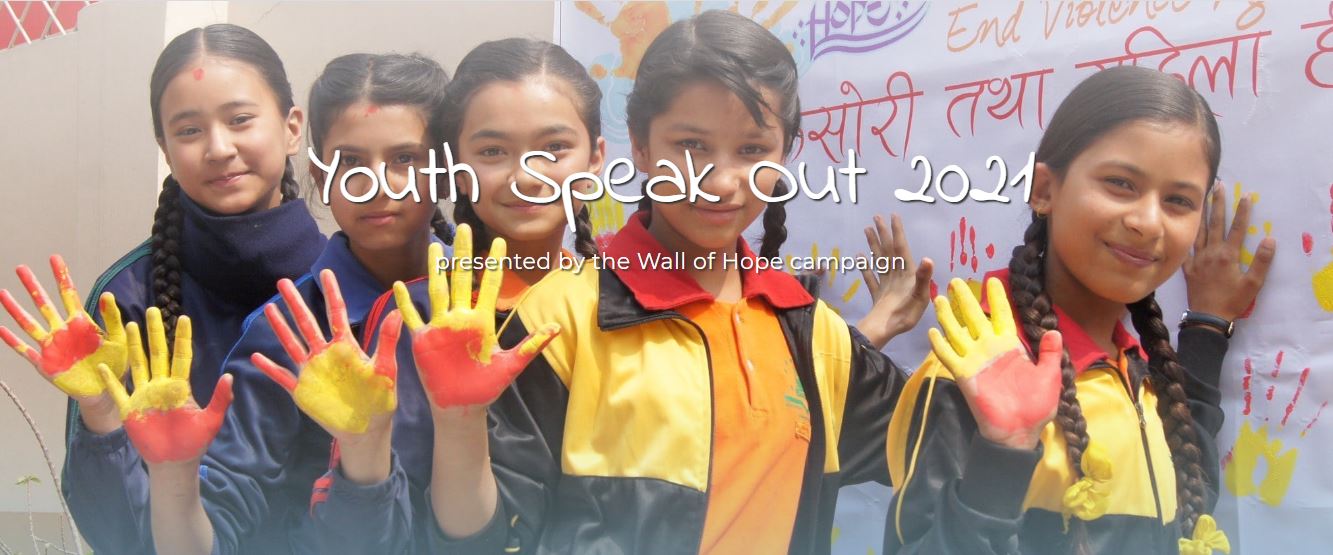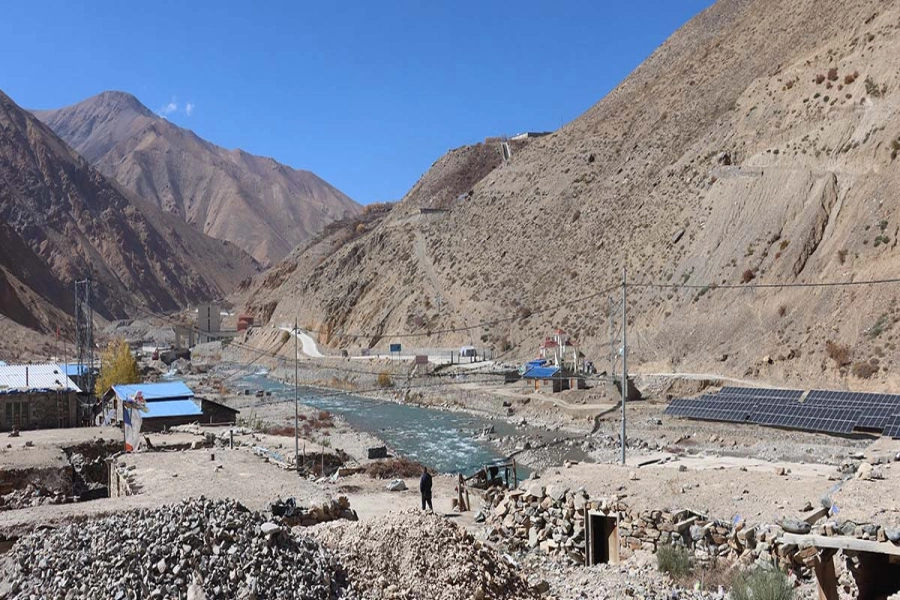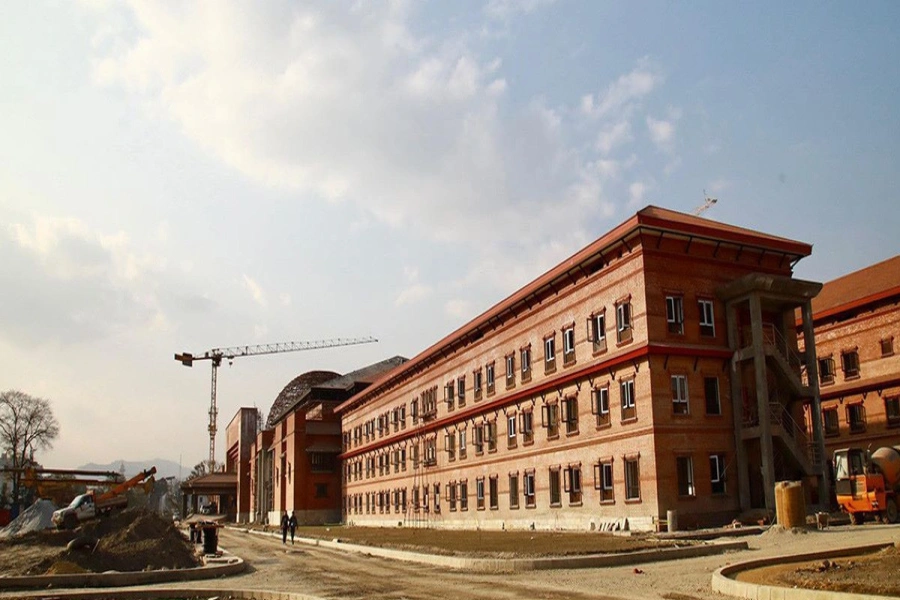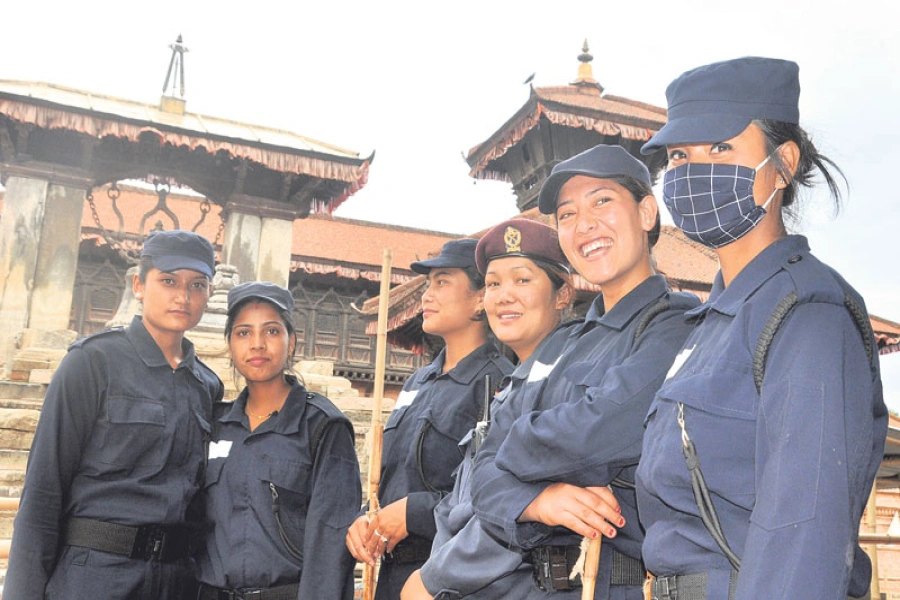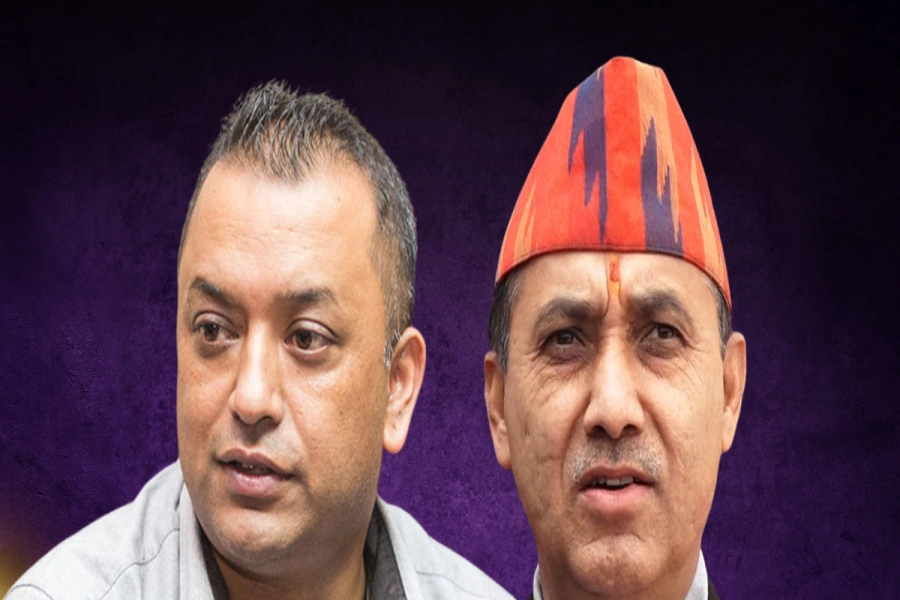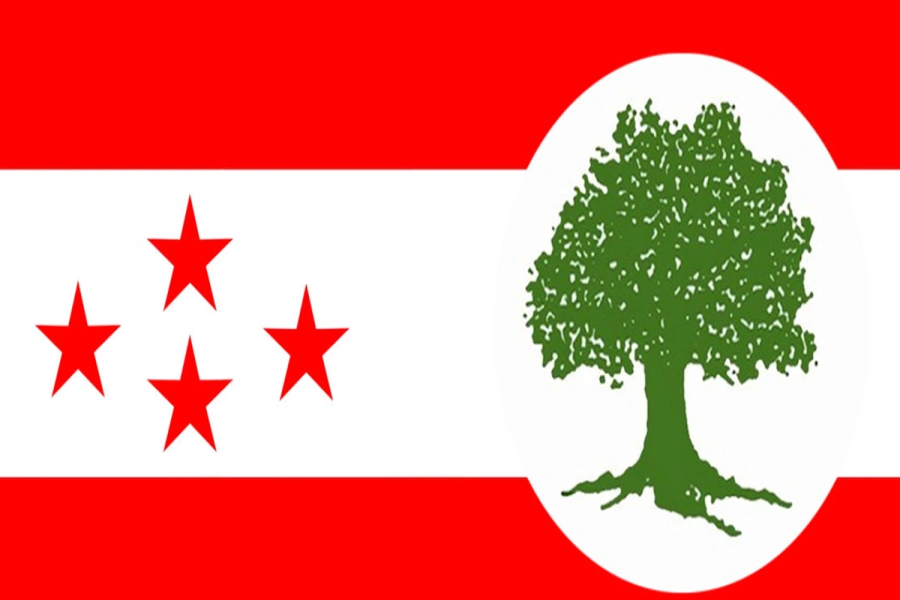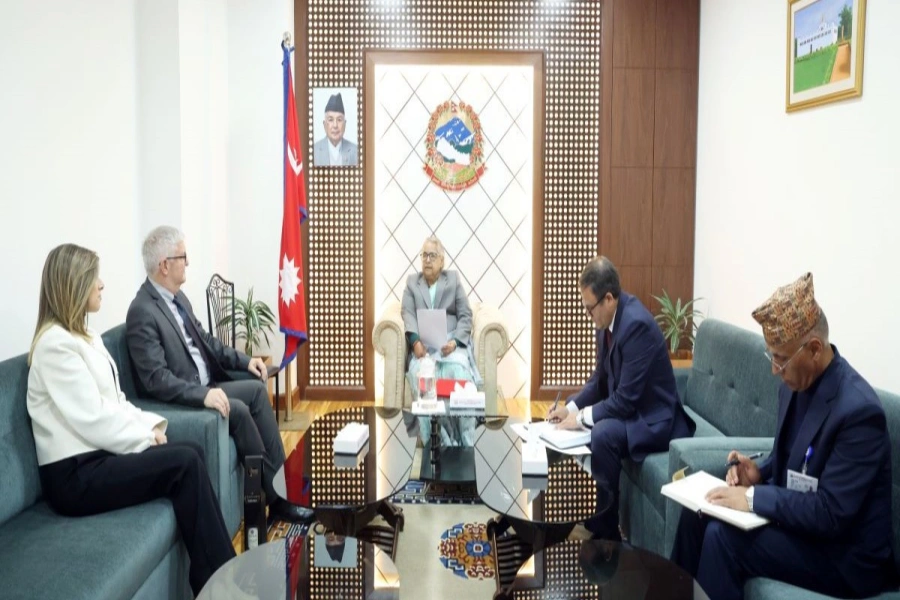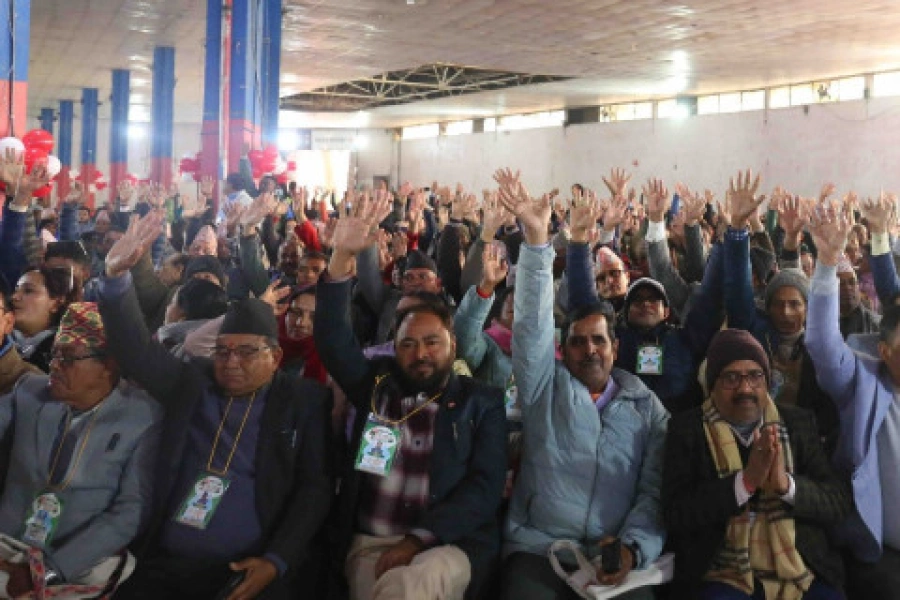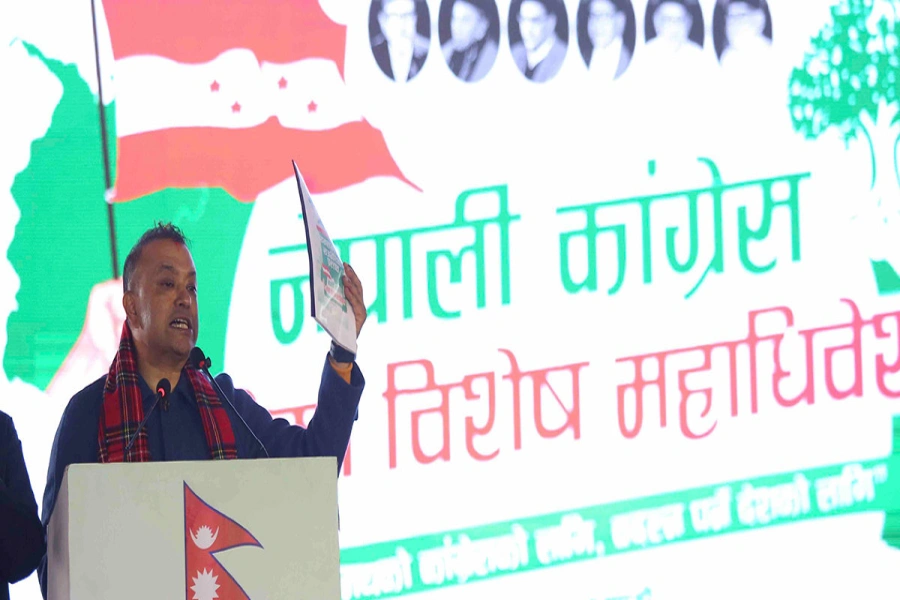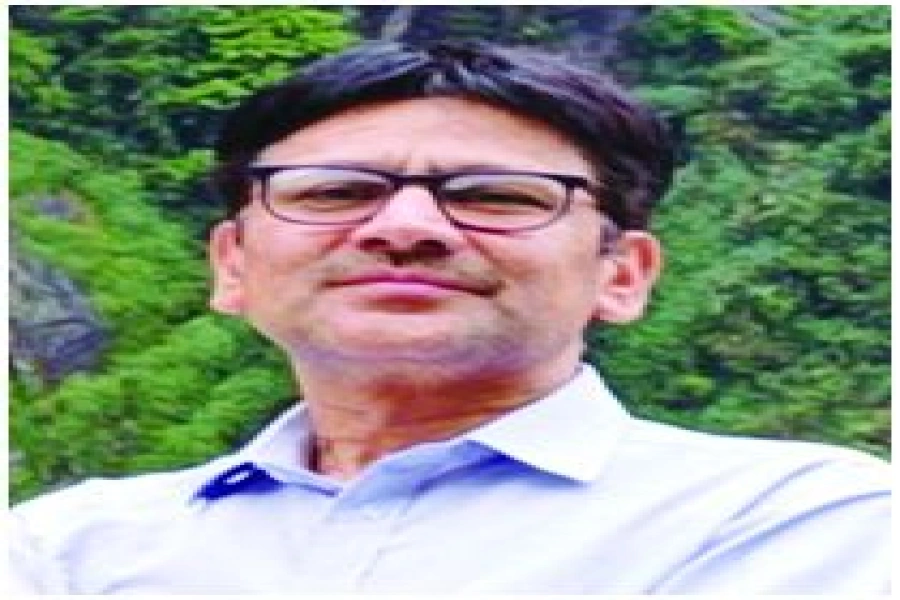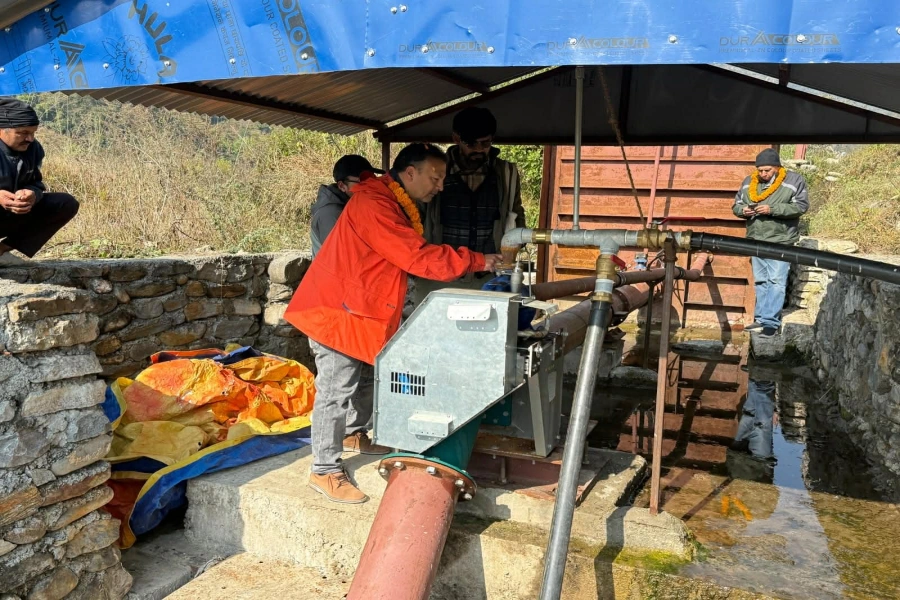This article is addressed to international community because they seem to be in a slumber while Nepal is battling untold miseries. A week since India imposed blockade in Nepal, the country still suffering pangs of devastating earthquakes, none of Nepal's friends have spoken against the blockade nor expressed their concern.At these most difficult times it is as if Nepal has no one but only India to turn to whose aggression has crippled politics, economy, business and daily life in the country. It is as if international community (including the UN, EU, US and China) are watching like voyeurs the cruelties inflicted on us for no fault of our own. A section of media has portrayed the blockade as outcome of Nepal government's effort to render marginalized Madheshi community voiceless in politics. World community needs to be briefed about the real truth.
Nepal embarked on election to second Constituent Assembly in November 2013 after the first CA formed in 2008 got dissolved in 2012 without drafting the constitution, largely over federalism issue. The contending parties in CA II polls had promised not to let second CA fail, to make utmost effort to draft national charter through consensus and voting in case consensus attempts failed. All parties, including the agitating Madheshi parties, had expressed commitment to bring the statute within a year in their election manifestos. The 2013 election reversed power dynamics of CA I. Nepali Congress and CPN-UML were swept to power, with nearly two third majorities, pushing Maoist and Madheshi parties to distant third and fourth.
So the constitution to be drafted under Nepali Congress and UML was not going to address every aspiration of Madheshi and Maoist parties. As political parties, ruling NC and UML were naturally expected to put their constituencies first. Maoist and Madheshi parties had no option to making hard compromises on disputed issues. Maoists relented. Madheshi parties have since held the country hostage, with India's open support.
Consensus attempts were made a number of times. All of them failed. So the Constituent Assembly endorsed the constitution by more than 90 percent majority and issued it on September 20.
Madheshi leaders have rejected this document. They are leading an agitation in Tarai that looks like a movement for Madheshi rights and dignity (the new constitution addresses most of these issues) in form, but in substance, their activism smells of secession. This misguided protest has already taken lives of more than 40 people. India has imposed blockade to force Kathmandu to capitulate.
Demands of agitating parties are contradictory. They want the government to implement past agreements, which accepts the supremacy of CA to decide contentious issues of state restructuring but they are not ready to accept CA's decision. Now they have floated new set of demands which came through Indian media.
The new demands are unviable and even pose threat to sovereignty and territorial integrity of Nepal. They want electoral constituencies delineated based only on population, ignoring geography; they want the state to allow naturalized citizens to hold top posts of President, Vice-President, Prime Minister among others; and, most of all, they want all Madhesh (from Mechi to Mahakali with most fertile lands, industrial hubs and major river systems) to be part of Madhesh province. Conceding to these demands will impoverish hill provinces whose soil is not fertile, which lack road infrastructures owing to tough terrains and which depend on the plains for food and survival.
Besides, Madheshis leaders are threatening secession. India has been openly supporting secessionists.
Tarai-Madhesh has more than half the country's population. If population alone is taken as a basis for constituency delineation, there will be mismatch between the number of constituencies in Tarai plains and the number in hills and mountains. Hill districts will be under-represented. Regarding provision of only 'citizens by descent' to be entitled to vital posts of President, Vice-President and Prime Minister, this is the case everywhere, including in India and the US. But India wants Nepal to allow naturalized citizens to reach the top posts.
India has imposed blockade to force Kathmandu to surrender to these unfair demands. India does not call it a blockade and attributes it to deteriorating security situation caused by agitation along border regions. But it has sheltered Madheshi activists in its land from where they are abusing drivers of Nepal-bound containers, and are attacking Nepali police from Indian soil. There are reports of Nepalis retaliating against the Indian aggression in a number of border towns, which India will probably use as an excuse to toughen its stand on Nepal.
Nepal, already one of the most vulnerable India-dependent countries in Asia, is suffering. It imports petroleum, cooking gas, clothes, food and even newsprint from India. Supplies of these vital goods have come to a grinding halt for more than a week. Life in Kathmandu and rest of the country has been paralyzed.
There are just few vehicles plying on Kathmandu's streets in the absence of fuel. People are walking to their destinations, cursing India and Nepal's fate. There is panic in the air. This is the time Nepalis should be preparing to celebrate Dashain, Nepal's biggest festival. But they are forced to think about what to feed their children and how to survive because there is scarcity of fuel and food.
It is obvious that Indian blockade is against all treaties on trade and transit and international laws. Very few dare to remind India of this because there is fear among the intelligentsia of Indian retribution and fear among the politicians of further aggression. Few dare speak against Indian high-handedness, fearing loss of privileges, power, jobs (Prime Minister's press advisor Prateek Pradhan was forced to resign last week for making critical comment against Indian meddling) and even life.
Things are going to come to a standstill if the blockade is not lifted immediately. Schools are going to close, mobility will come to a stop and food will become scarce. If the blockade continues, publication houses will run short of newsprint, which means the world may not know how cruelly India is dealing with Nepal. The situation is aggravated by complete disruption of road networks linking Nepal with China after the April earthquakes.
International flights won't be operating out of Nepal. Nepal will be completely disconnected from the outside world. Nepal needs support from international community now more than ever.
Nepal suffered deaths and destruction in April this year. About 9,000 people died and half a million houses were destroyed. Millions of earthquake victims are still in the lurch. India pledged US$ 1 billion for Nepal's reconstruction in June, rekindling hope among earthquake victims. Last year when Indian Prime Minister Narendra Modi visited Nepal, he hailed Nepal's constitution process, praised Nepal and Nepalis and they truly revered him. Today Nepalis feel Modi has plunged a dagger into their hearts.
Therefore, the world community needs to tell India that what it is doing to Nepal is inhuman, undiplomatic, immoral and illegal.
India is in no mood to relax blockade unless Nepal compromises its sovereignty. That's tantamount to asking for suicide. The Indian blockade is being compared with war cruelty during the Anglo-Nepal war of 1814-16 in which British troops are said to have disconnected water supply to Nepali troops to starve them to death. 'Now Modi's doing it with blockade,' people comment on social media. There is a surge of patriotic feelings in Kathmandu and anti-India sentiment is at all-time high. Since India does not seem to care whether Nepalis love or hate it, international community needs to rise up to tell it how much the goodwill of other countries count in diplomacy.
Nepal has diplomatic and bilateral relations with more than 100 countries; they should come to its help when it needs such help the most. Now Nepalis feel even international community is applauding Indian intervention. You have lauded Nepal's landscape. Now this Himalayan country is suffering for no fault of its own. Speak for Nepal. Or are you also supporting Indian move in Nepal?
mahabirpaudyal@gmail.com
Nepali youth speak out to stop violence against women and girls
